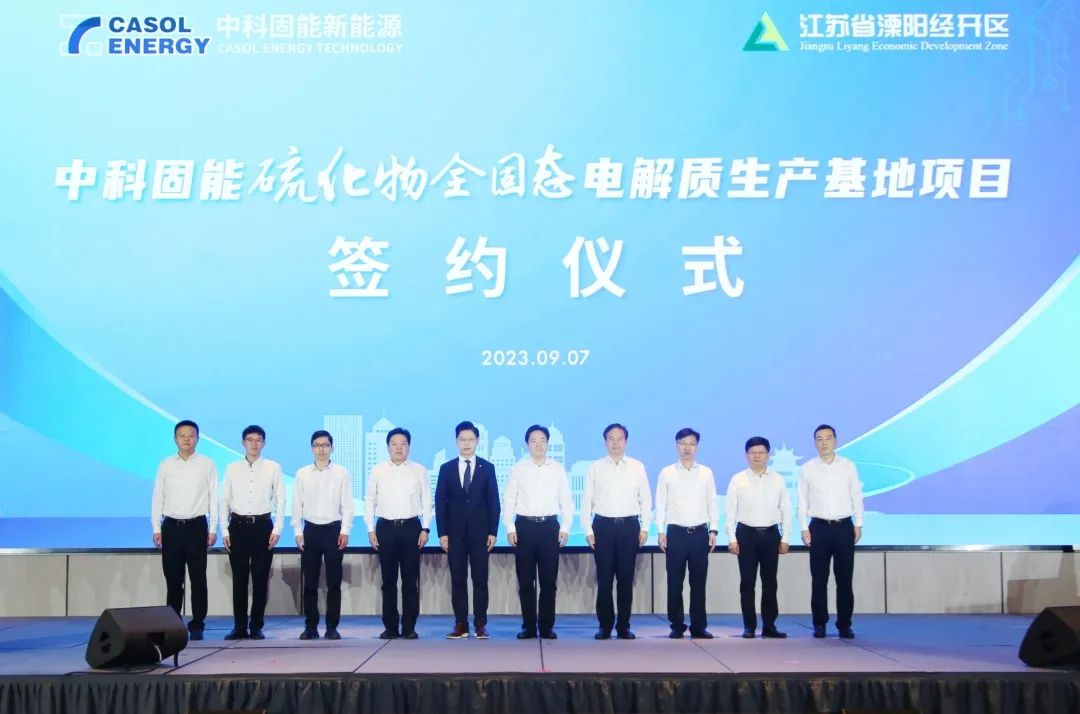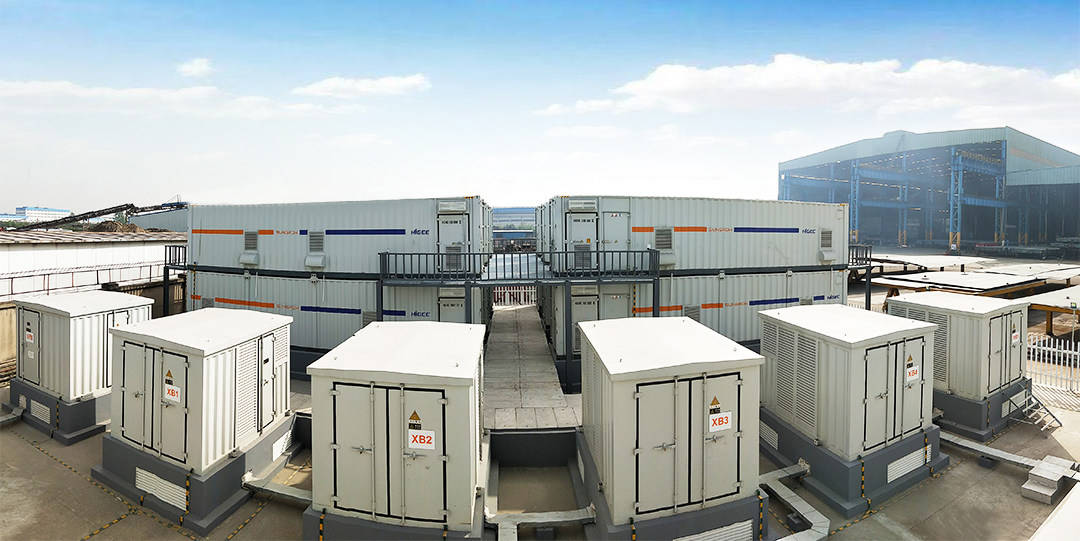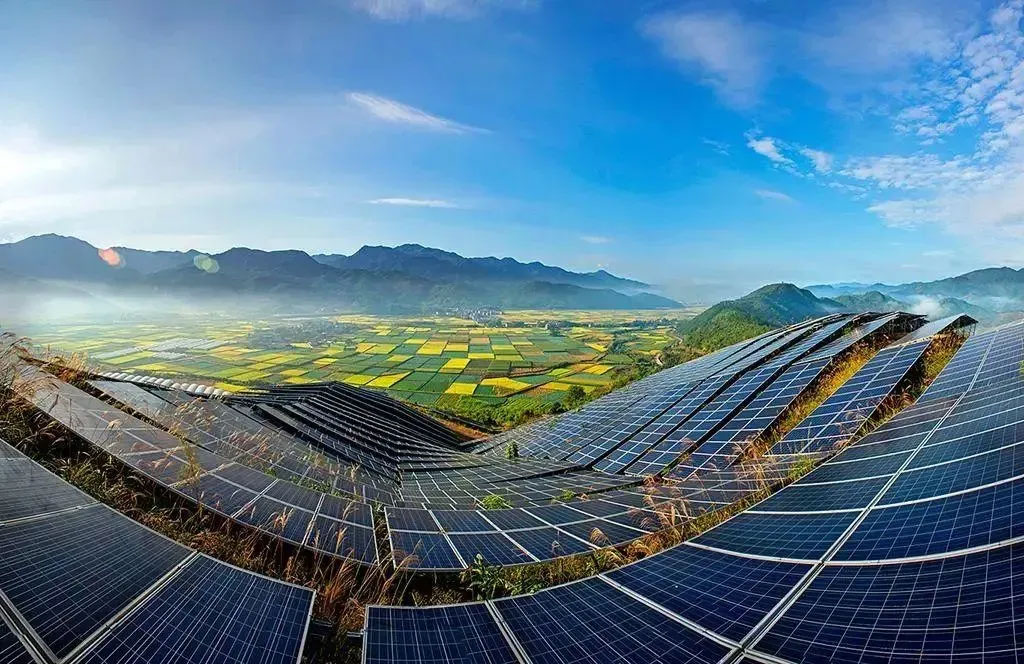【 New Energy News】With a total investment of 6 billion yuan, the Zhongke Solid State Battery Project has been launched
Solid state batteries may be commercialized and mass-produced faster than market expectations.
According to news released from Changzhou, the signing ceremony for the Zhongke Solid Energy Sulfide All Solid Electrolyte Production Base project was held in Changzhou City. Chen Liquan, an academician of the CAE Member, attended the ceremony and delivered a speech via video. Wu Fan, chairman of the board of directors of China Science and Technology Glenn, and leaders of Changzhou City attended the ceremony.

It is reported that the project will be carried out in two phases. The first phase has a total investment of 1 billion yuan for the large-scale production of all solid sulfide electrolyte materials. It is expected to have full production capacity from 2025 to 2026, and small-scale trials of sulfide solid electrolyte membranes, raw materials, and all solid battery cells will be launched in the same year. The total investment in the second phase is 5 billion yuan, and it is planned to build an all solid-state battery industry park before 2030. The supporting upstream and downstream industry chain will form a market of 100 billion yuan.
Zhongke Guneng is a "new force" in solid-state batteries
According to data, Zhongke Guneng, also known as Liyang Zhongke Guneng New Energy Technology Co., Ltd., was established on October 27, 2022 and has been in operation for less than a year.
The legal representative of Zhongke Guneng is Wu Fan, and its business scope includes the research and development of new materials; Battery manufacturing; Production of battery spare parts; Battery sales; Sales of battery spare parts, etc.
It is understood that the core team of Zhongke Guneng is composed of Wu Fan Scientists' Studio jointly founded by the Institute of Physics of the Chinese Academy of Sciences, the Yangtze River Delta Physical Research Center and the Tianmu Lake Advanced Energy Storage Technology Institute.
The Zhongke Solid Energy Sulfide Solid Electrolyte Production Base Project will build the world's first production line for large-scale preparation of sulfide solid electrolytes with a capacity of 100 tons, providing sufficient practical experience and basic data for the preparation of 10000 tons of sulfide solid electrolytes in the future. At the same time, it will obtain the core key intellectual property rights of leading positions in equipment design, process routes, and other aspects in the world.
Global competition for solid-state batteries
Solid state batteries not only have high safety and energy density, but also have excellent "high and low temperature" performance. They are regarded as the next generation of power batteries and are a strategic high ground for competition among countries.
Currently, countries and regions such as China, Japan, South Korea, and Europe and America have clear indicators, expectations, and national level plans for solid-state batteries.
At present, the solid-state battery industry is generally in the research and development and pilot stage, with China, Japan, and South Korea taking the lead in the field of solid-state battery development. European and American governments and multiple enterprises are hoping to change the existing power and energy storage battery landscape through solid-state batteries.
In terms of the implementation routes of all solid-state batteries, there are mainly three technical routes: polymer, oxide, and sulfide. Among them, sulfide solid electrolytes have become one of the most promising technical directions due to their highest lithium ion conductivity and good mechanical properties.
Different countries and regions have a clear bias and optimism towards the technological route of solid-state batteries. For example, Japan and South Korea continue to fully invest in the research and development of sulfide all solid-state batteries, with basically no oxide route; China is relatively unique and the only country in the world to choose a mixed solid-liquid electrolyte route composed of oxides and polymers.
Enterprises in Japan, South Korea, and the United States have already conducted research and development layouts. However, in order to truly achieve mass production and application, sulfide all solid-state batteries still face many challenges
Solid State Batteries in China: Semi Solid State Leading
At present, most domestic enterprises use oxides as electrolytes to promote the research and development of solid-state batteries.
According to complete statistical data, after 2022, some domestic car companies have started to use semi-solid batteries, such as the ES6 released by NIO, the E70 released by Dongfeng, and the Chase released by Landu. Most of the models are equipped with semi-solid batteries with oxide electrolyte.
However, the addition of liquid to solid-state batteries results in a lower energy density improvement compared to all solid-state batteries due to the reduced use of solid-state electrolytes. For example, the energy density of the semi solid state battery equipped with ES6 is 360wh/kg.
Therefore, although semi-solid batteries in China have been commercialized, due to the lack of significant improvement in energy density, lower conductivity than liquid lithium, and the higher price of oxide electrolyte materials than liquid lithium, it is only possible to use semi-solid batteries as transitional products.
It is worth mentioning that in addition to mass-produced semi-solid batteries, Professor Ma Cheng from the University of Science and Technology of China has recently developed a new type of solid electrolyte - lithium zirconium oxychloride. Its comprehensive performance is similar to the most advanced sulfide and oxide solid electrolytes, but its cost is less than 4% of the latter. This is the latest progress in the field of solid state batteries in China.
However, the technology is currently in the laboratory stage, and there are still significant variables regarding whether it can ultimately be mass-produced on a large scale.
 中文
中文
 English
English




